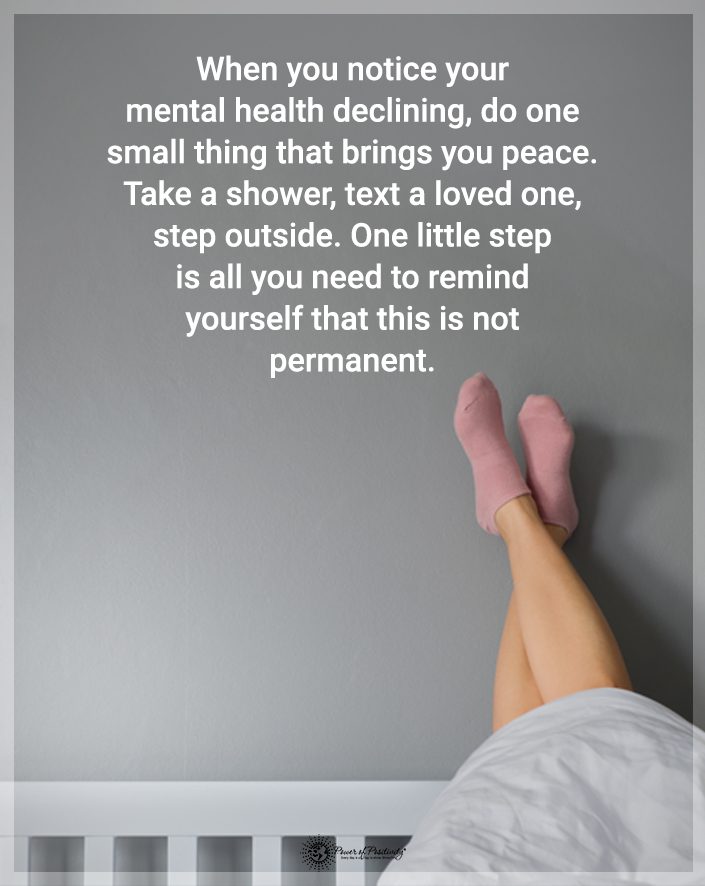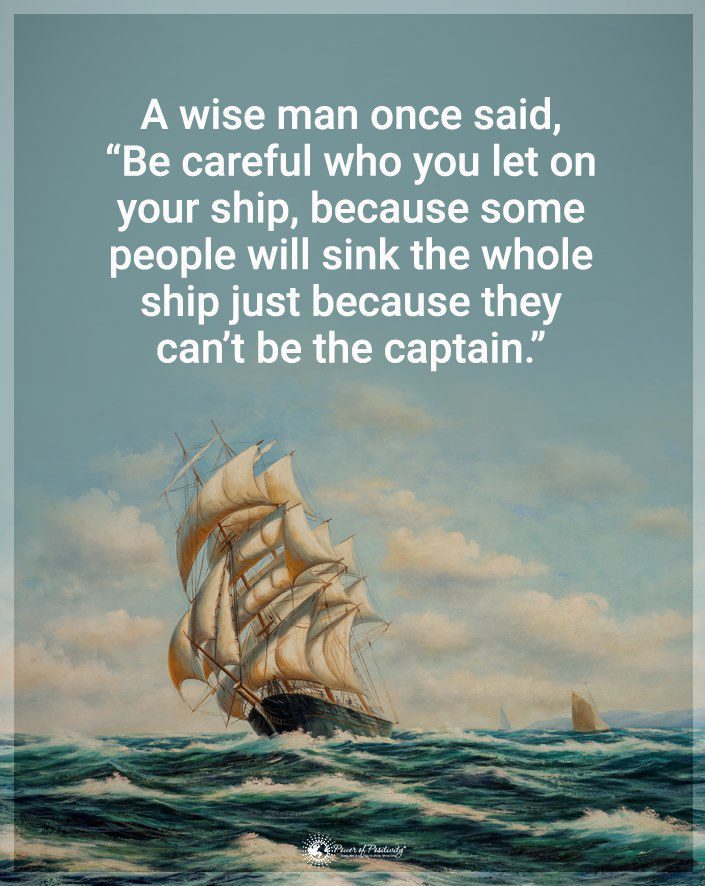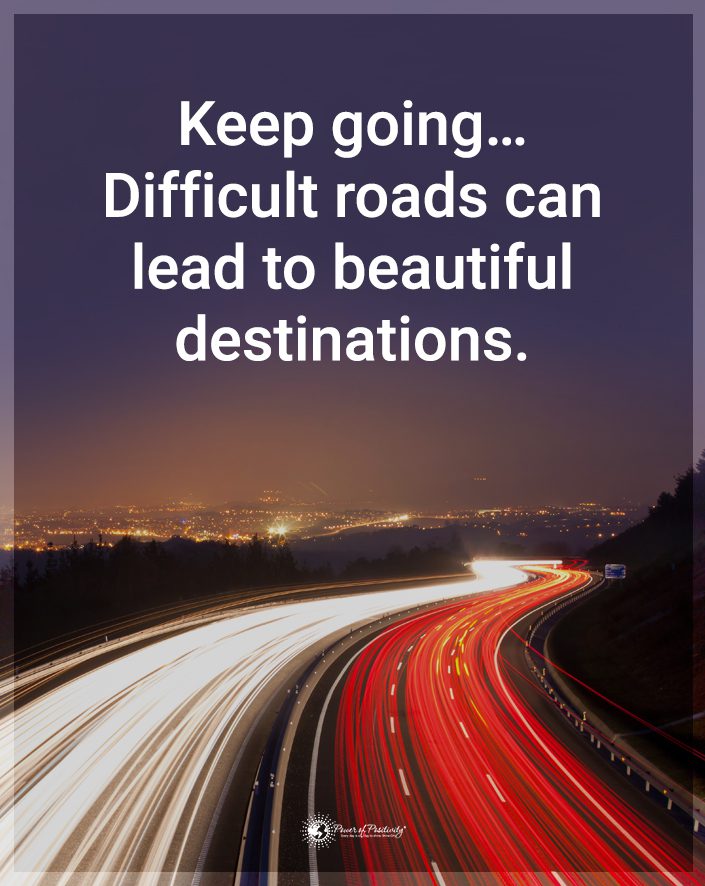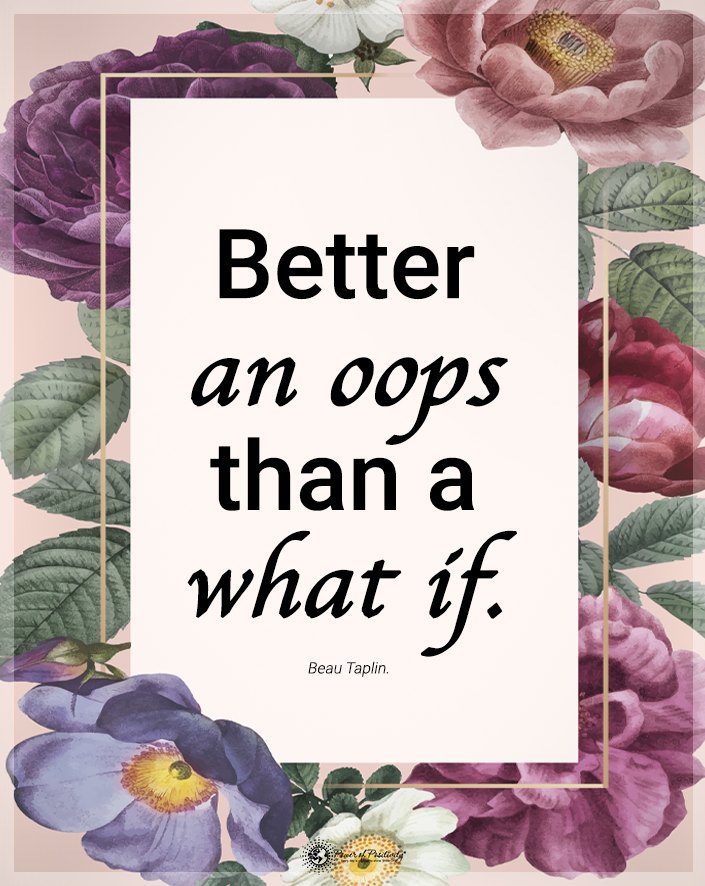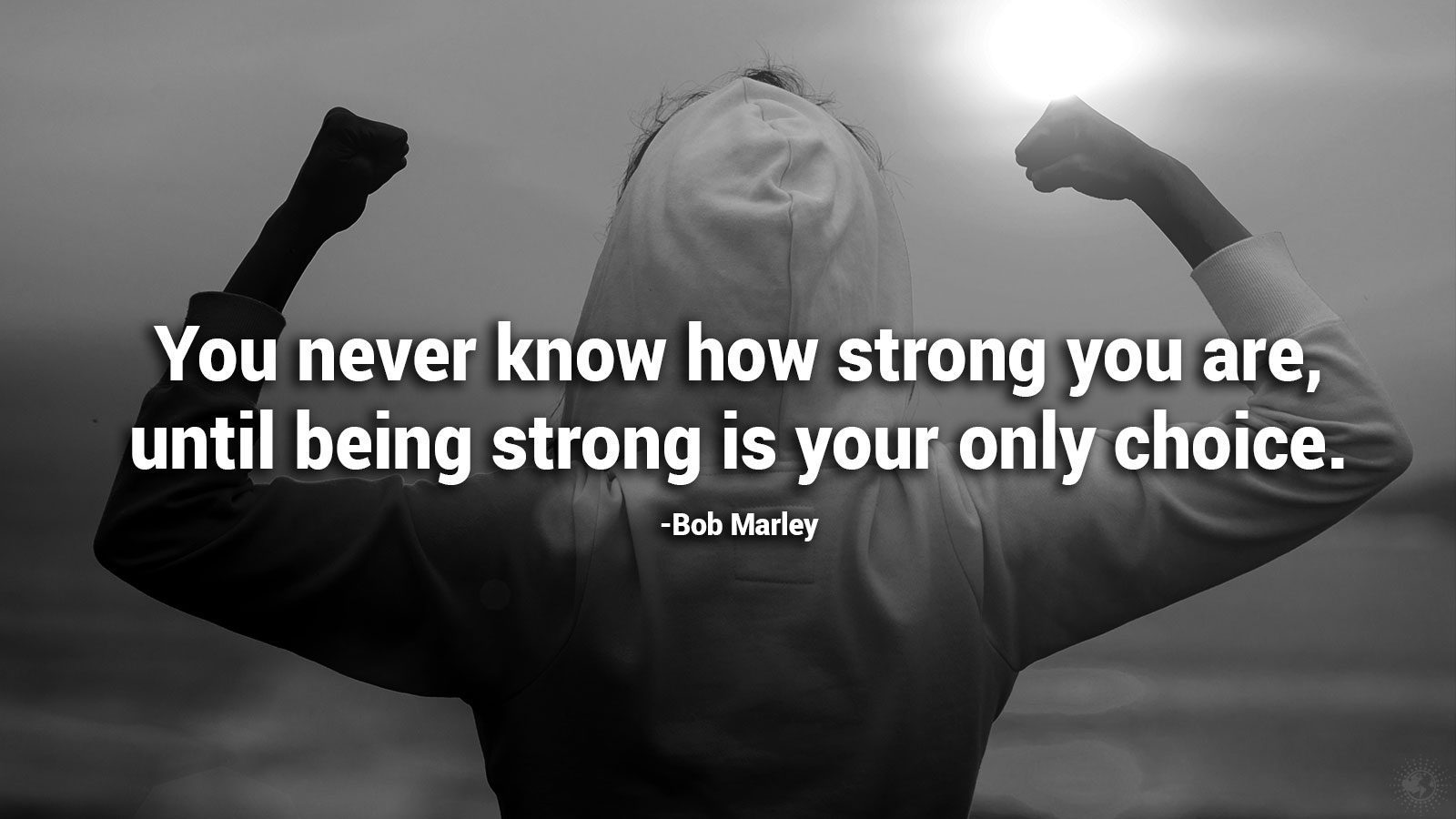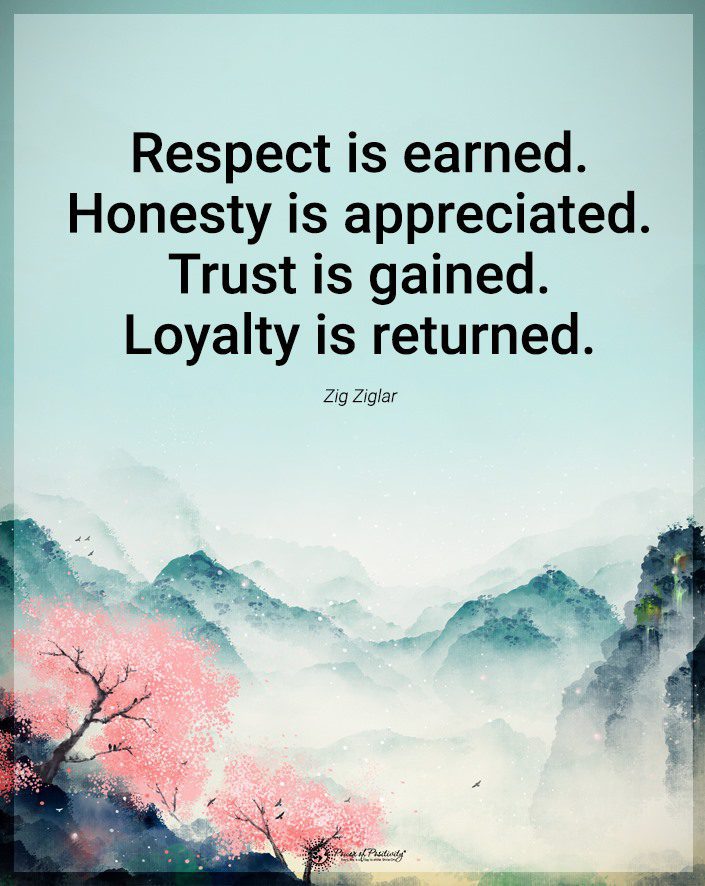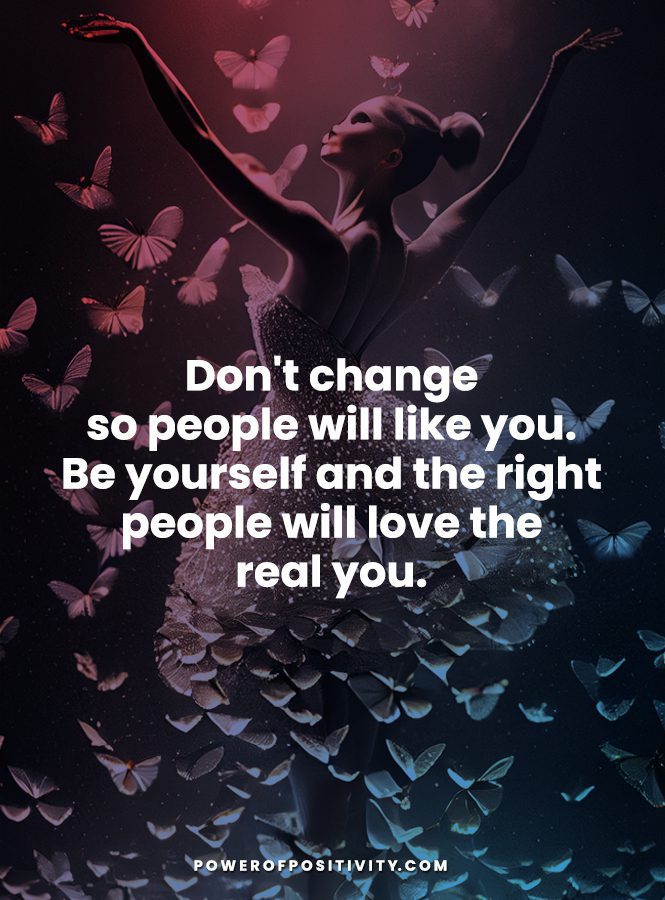Relationships are integral to our lives and can be a source of great joy and fulfillment or emotionally draining. An emotionally draining relationship can leave us exhausted, depleted, and sometimes even depressed. These relationships can take many forms, such as romantic relationships, friendships, or family relationships.
Most of them can be difficult to recognize and navigate. One of the most challenging aspects of emotionally draining relationships is that they can be insidious and difficult to identify. In many cases, the victim may have become too accustomed to the toxic dynamics of the relationship. Sometimes to the point that they no longer recognize them as abnormal. This can make it challenging to identify the warning signs and take action to protect oneself.
These relationships can affect a person’s mental health, self-esteem, and well-being. They can be characterized by manipulation, control, and abuse patterns that leave the victim feeling trapped and powerless. Sometimes, the victim may not even know they are in an emotionally draining relationship.
Or at least not until they experience negative physical and emotional symptoms. So, by understanding the signs of these types of relationships, you can begin to take steps to protect yourself and improve. You deserve to be treated with kindness, respect, and compassion. So, don’t be afraid to ask for help if needed.
10 Signs Someone Is in an Emotionally Draining Relationship
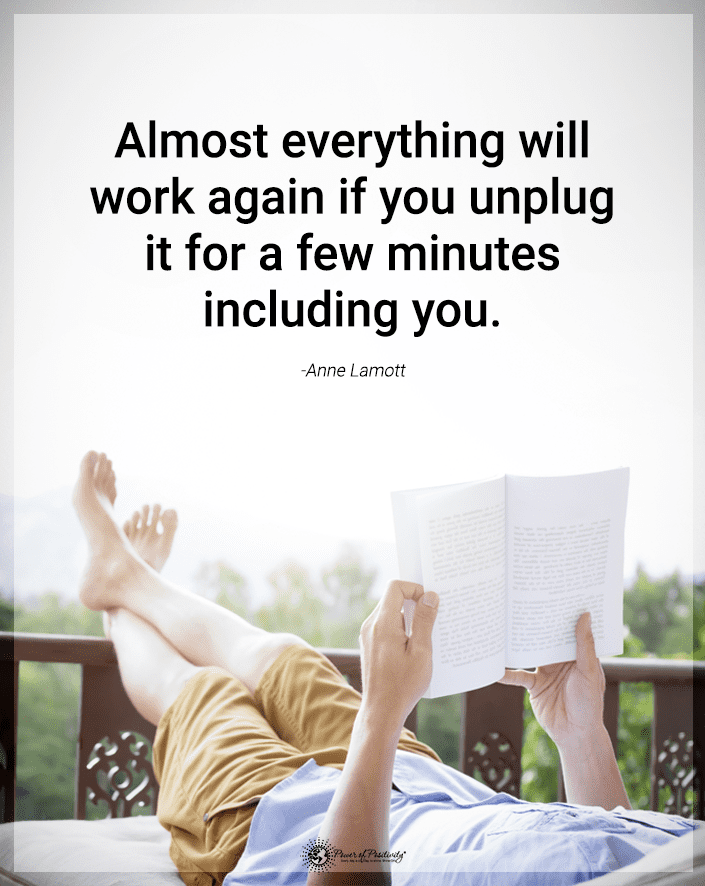
1. An emotionally draining relationship constantly feels exhausted and depleted
Feeling constantly drained and depleted is a common sign that someone is in an emotionally draining relationship. This can happen when one person in the relationship gives more than they receive, leading to burnout. It can be emotionally and physically exhausting when a person feels like they’re constantly giving and not receiving anything in return.
They may feel like they’re not being appreciated or valued by their partner. This can lead to feelings of resentment and frustration. It’s essential to address these feelings and take steps to protect yourself if you’re in this type of relationship. This might mean setting boundaries, seeking support from a therapist or counselor, or ending the relationship altogether.
2. Lack of reciprocity
When one person in a relationship gives significantly more than the other, it can be a sign of an emotionally draining relationship. This can manifest in different ways, such as one partner always listening to the other’s problems. Or even one partner constantly sacrifices their needs and wants for the other’s happiness. This imbalance can lead to resentment, exhaustion, and burnout in the person giving more.
It’s important to recognize this dynamic and work towards establishing a more balanced and healthy relationship. This might involve setting boundaries, communicating openly and honestly with your partner, and seeking support from a therapist or counselor. In a healthy relationship, both partners should be able to give and receive emotional support in a balanced and reciprocal way.
3. An emotionally draining relationship has a lack of boundaries
Feeling like your personal space or privacy is being violated is another sign of an emotionally draining relationship. Or maybe you’re always expected to be available for the other person. It can feel like your partner doesn’t respect your boundaries or need alone time, leaving you feeling trapped.
For example, your partner may expect you to always be available for their calls or messages. This might be true even when you’re busy with other things or need time. They may get upset or angry when you don’t respond immediately, making you feel guilty for needing space.
4. Gaslighting
Gaslighting is a toxic behavior that indicates someone is in an emotionally draining relationship. Victims of gaslighting often feel confused, anxious, and isolated as their abuser manipulates their perception of reality and undermines their confidence in themselves.
Gaslighting can take many forms, from denying or minimizing the victim’s experiences to making them question their own emotions and sanity. Over time, gaslighting can profoundly impact the victim’s mental health and well-being, leaving them feeling trapped, powerless, and alone. It is essential for anyone experiencing gaslighting to seek help and support from a trusted friend, family member, or mental health professional.
5. An emotionally draining relationship includes constant criticism
Constant criticism is another sign that someone may be in an emotionally draining relationship. Criticism can be a form of emotional abuse that erodes the victim’s self-esteem and sense of self-worth. When subjected to constant criticism from their partner, they may feel like they can never do anything right. This can lead to feelings of shame, self-doubt, and worthlessness.
Over time, the victim may begin to internalize the criticism and believe that they are genuinely incompetent or flawed. Constant criticism can be a powerful tool of control for an abuser. This is mainly because it can make the victim feel like they need their partner’s approval and validation to feel worthy. If someone is experiencing constant criticism in their relationship, it may be a sign that they are in a potentially abusive situation.

6. Lack of empathy
Empathy is the ability to understand and share the feelings of another person. When someone lacks empathy, they cannot connect with their partner’s emotions. Or they might be unable to acknowledge the impact of their words and actions on the other person.
This can lead to emotional disconnection and isolation in the relationship. When someone is in a relationship with a partner who lacks empathy, they may feel like their emotions are not valued or understood. This can lead to feelings of loneliness, frustration, and sadness.
Additionally, a lack of empathy can make it difficult for the couple to communicate effectively. And it makes it much more challenging to work through conflicts healthily and productively. If someone is experiencing a lack of empathy in their relationship, they might be in an emotionally draining situation.
7. An emotionally draining partner needs control
When one partner seeks to control the other, it can lead to a power imbalance. And that can be damaging to the emotional well-being of the other person. The controlling partner may try to dictate how their partner should behave, what they should wear, or even what they can think. This can lead to feelings of fear, anxiety, and helplessness in the partner who is being controlled.
The controlling partner may also use manipulation, coercion, or violence to maintain control. This can escalate over time and become increasingly dangerous. The partner who is being controlled may feel like they have no autonomy or agency in the relationship. This can quickly lead to feelings of depression, low self-esteem, and even trauma.
8. Inability to communicate effectively
The inability to communicate effectively is often a sign that someone may be in an emotionally draining relationship. Effective communication is essential for a healthy and fulfilling relationship. It allows partners to express their needs, feelings, and opinions respectfully and constructively. When communication breaks down, however, it can lead to misunderstandings, conflicts, and hurt feelings.
All these issues can erode the emotional connection between partners. If there’s a communication issue, partners may struggle to express themselves honestly and openly. They may avoid complex topics, shut down emotionally, or lash out in anger or frustration. Communication may become characterized by blaming, criticizing, or stonewalling. This can make it difficult for partners to resolve conflicts or find common ground.
9. Feeling like you’re walking on eggshells
Feeling like you’re walking on eggshells can arise when a partner is unpredictable or volatile. These character traits often make it difficult for the other person to predict their reactions or avoid triggering them. It’s never nice to feel like you must constantly monitor your behavior or speech to avoid setting off your partner. And it can lead to feelings of anxiety, stress, and self-doubt.
The partner who feels this way may be subjected to intense mood swings or outbursts of anger from their partner. They may feel they must tiptoe around sensitive topics or keep their feelings to themselves to avoid conflict. This can lead to a sense of emotional suppression or self-censorship, which can be damaging to the partner’s mental health.
10. Fear of leaving the relationship
Fearing that your loved one might leave the relationship is always hard to deal with. This fear can arise for various reasons, including financial dependence on the partner or fear of being alone. Sometimes, it’s because of fear of retaliation or violence from the partner. Or it might even be a belief that they are unworthy of love or happiness outside of the relationship.
In an emotionally draining relationship, the partner may feel trapped or stuck. And this is despite the relationship’s negative impact on their mental health and well-being. They may struggle to imagine life outside of the relationship or fear that they will never find love or happiness elsewhere. This fear can lead to feelings of hopelessness, despair, and depression, which can be emotionally draining over time.
Final Thoughts on Signs Someone Is in an Emotionally Draining Relationship
Emotionally draining relationships can damage a person’s mental health, self-esteem, and overall well-being. Unfortunately, these relationships can be challenging to recognize and navigate, leaving the victim feeling trapped and powerless. However, understanding the warning signs and seeking support makes breaking free from the emotional drain and toxicity cycle possible.
Some common signs of emotionally draining relationships include gaslighting, constant criticism, lack of empathy, need for control, or inability to communicate effectively. Sometimes, you might feel like you’re walking on eggshells. And you might be afraid of your partner leaving the relationship. If you are experiencing any of these signs, you must seek help and support.
You deserve to be treated with kindness, respect, and compassion. You can set boundaries and speak up for yourself. Take steps to protect yourself from emotional harm. You can break free from emotionally draining relationships by prioritizing your emotional and physical safety. Thus, you can find a healthier, happier way forward.

